
Why is Real-Time Monitoring important in Industrial Production?
Monday, April 14, 2025
Importance of Sensors in the Steel Industry
Thursday, May 22, 2025INDUSTRIAL DIGITALIZATION
Top 5 Metrics Industrial performance metrics
Key performance metrics that help you make better decisions
5 Important Metrics that Industries Should be Tracking
Why are industrial performance metrics important?
The Power of Real-Time Monitoring
In today’s rapidly evolving industrial landscape, data-driven decision-making is no longer optional—it’s a necessity. Whether or not your industry has fully embraced automation, tracking the right metrics can reveal inefficiencies, guide strategic decisions, and unlock hidden potential in your operations. From production to energy use, a well-monitored process leads to smarter resource allocation and increased profitability. In this blog, we break down the five most critical metrics every industry should be tracking to remain competitive and agile.
Benefits of Tracking Industrial Performance Metrics
Tracking the right operational metrics helps industries make informed decisions, optimize resource allocation, and respond proactively to issues before they escalate. Whether it’s reducing downtime, improving product quality, or increasing energy efficiency, having visibility into these metrics empowers plant managers and operators to drive continuous improvement. Over time, consistent tracking builds a data-driven culture that supports smarter planning and more resilient production. The following are 5 important metrics that industries should be tracking.
1. Production Efficiency
This metric measures the ratio of actual output to the input resources (materials, labor, time) used to produce it. Low production efficiency often signals bottlenecks, outdated machinery, or suboptimal workflows.
Why it matters: High efficiency means more output with less waste, directly impacting your bottom line.
Tip: Monitor cycle times and unit production rates to pinpoint process improvements.
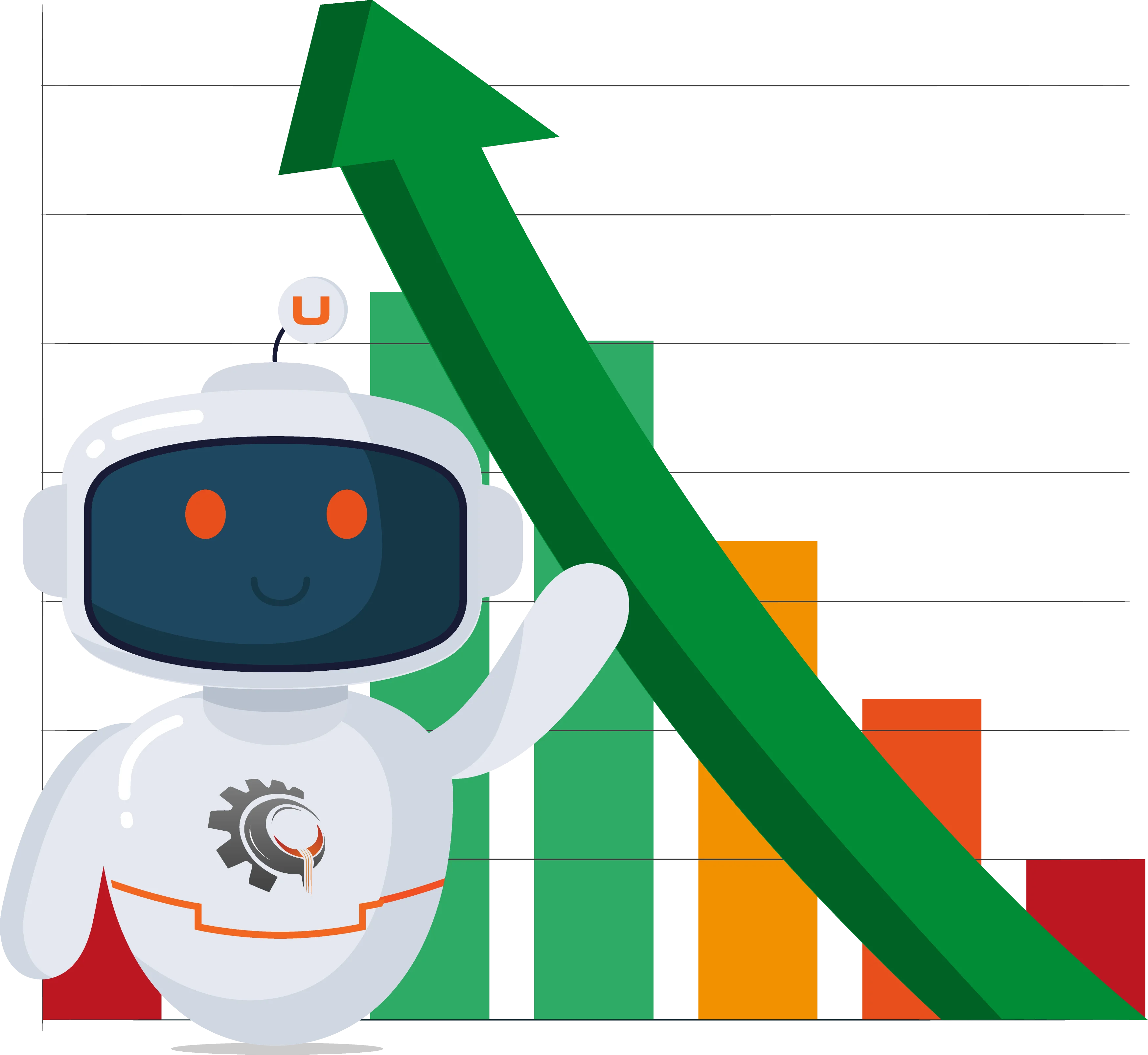

2. Equipment Downtime
Downtime refers to the periods when machines or systems are not operational due to maintenance, failure, or lack of resources.
Why it matters: Unplanned downtime leads to delays, missed deadlines, and additional costs. It’s a key indicator of system reliability.
Tip: Track both planned and unplanned downtime to build a proactive maintenance schedule and avoid production halts.
3. Inventory Turnover


4. Energy Consumption per Unit
Tracking how much energy is used to produce a single unit of product can reveal hidden inefficiencies and excessive operational costs.
Why it matters: Reducing energy consumption lowers utility bills and supports sustainability goals—a growing concern across industries.
Tip: Monitor consumption patterns across different production lines or shifts to identify areas of improvement.
5. Quality Yield Rate
This is the percentage of products that meet quality standards without requiring rework or scrapping.
Why it matters: High yield rates reduce waste and boost customer satisfaction. Poor quality often leads to increased costs and reputational damage.
Tip: Combine this metric with root cause analysis tools to identify and eliminate sources of defects.

How Unisons can help you track Industrial Performance Metrics
Adopting Real-time Monitoring.
Whether your facility is already automated or still operating with manual processes, tracking key performance metrics is essential for long-term success. At Unisons, we help industries not only implement automation but also identify and monitor the KPIs that truly matter. From production analytics to energy dashboards, we provide smart, scalable solutions that turn raw data into actionable insight.
Industrial Digitalization Solutions from Unisons
Industrial performance metrics
At Unisons, we specialize in digital transformation solutions for various industries, including steel, cement, glass, fertilizer manufacturing and various others. We are able to provide software solutions, custom-tailored to your needs, which enable you to,
1. Automate industrial processes
Automate your day-to-day tasks, streamlining operations and minimizing manual intervention, reducing the risks of human errors.
2. Monitor and control multiple production units
Our software solutions allow real-time data analysis across multiple production sites through a single unified platform, enabling improved decision making.
3. Implement AI-driven predictive maintenance
Minimize downtime and increase efficiency by identifying potential equipment failures before they occur.
4. Enhance data security and compliance
Robust digital frameworks, ensuring industrial data integrity and protection against cyber threats.

Monitor your production through IoT Integration and precision control
Unisons has introduced a new Melting process management system called Smart Melt, designed to optimize and manage your melting processes. It enhances efficiency, accuracy, and automation through real time data acquisition and predictive analytics.
- Hardware Integration: Integrate hardware and equipment for streamlined automated reporting and inputs.
- Remote Access: Control multiple furnaces using a single device.
- ERP Synchronization: Ensure integration and synchronization with any ERP Software.
- Centralized Data: Centralize data across various platforms.
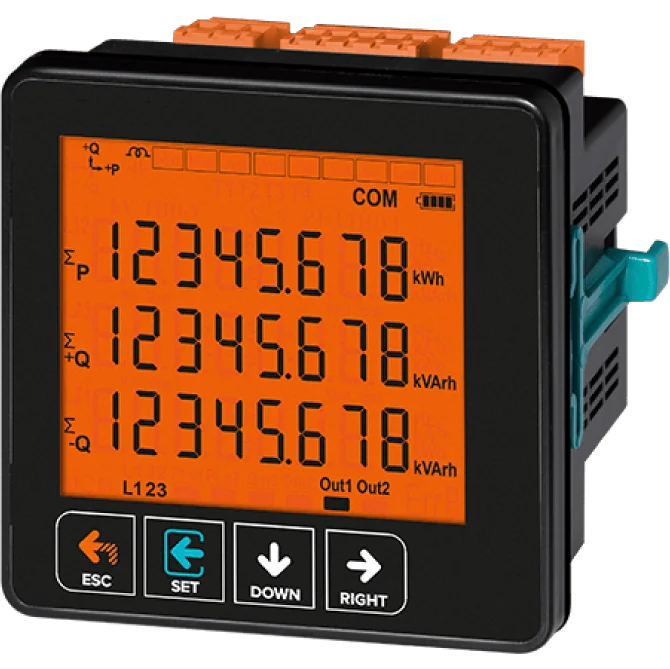
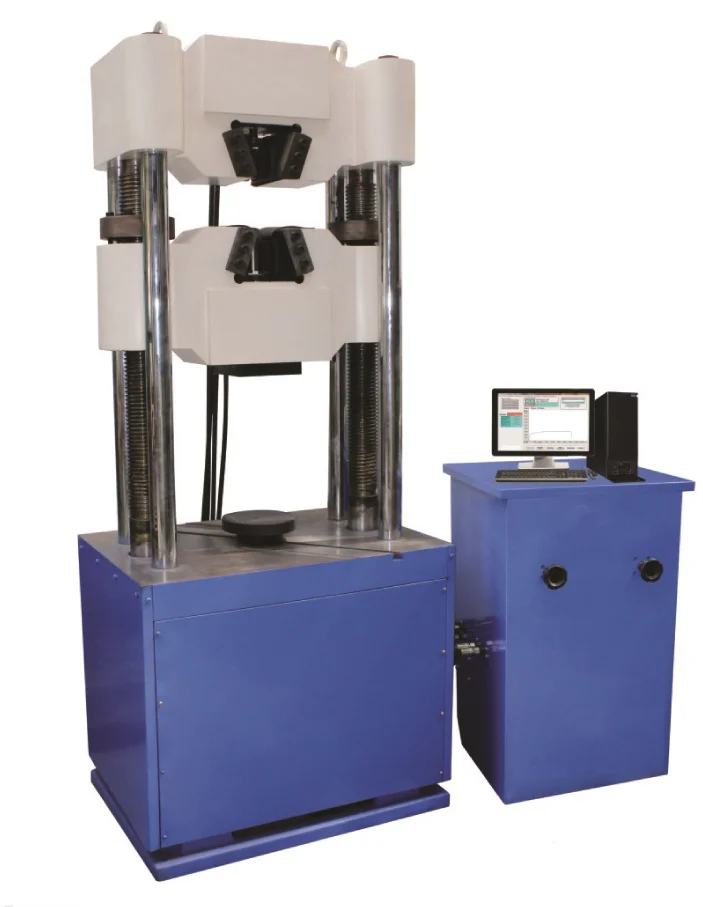
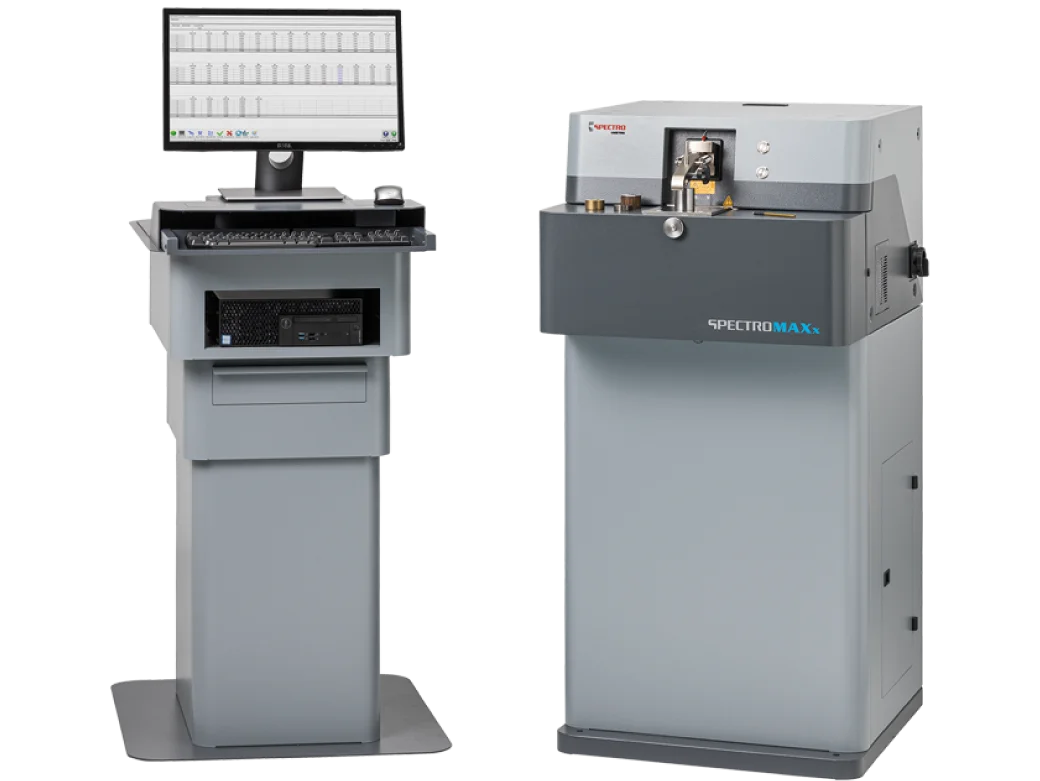
Track Energy consumption
Universal Testing Machine Integration
Spectro Machine Integration
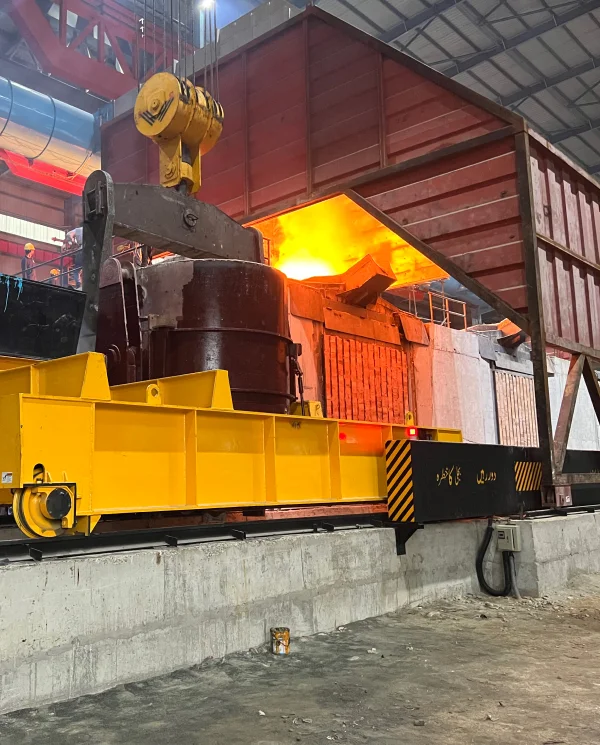
Digitalize your Industry
Digitalization automates data collection, reduces human errors, speeds up reporting, and allows real-time monitoring, leading to improved decision-making and operational efficiency.
Industries such as steel, cement, glass, manufacturing, and energy sectors benefit greatly from digitalization due to the need for efficiency, real-time monitoring, and process optimization.
Our team of experts will start by assessing your current manual processes, identifying key areas for improvement, to implement the right solutions tailored to your operations.




